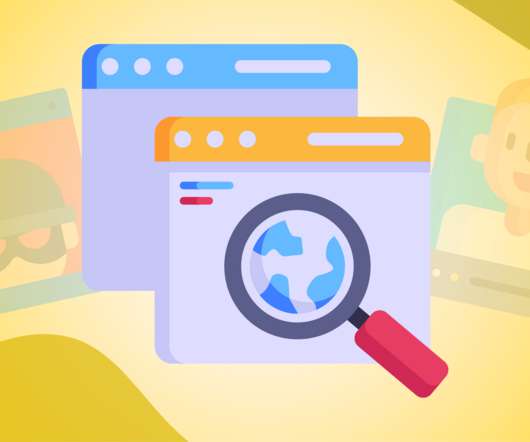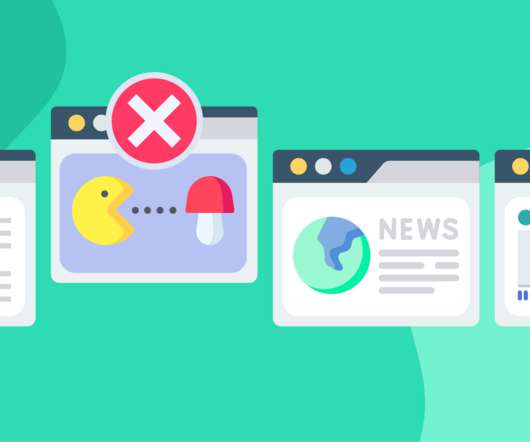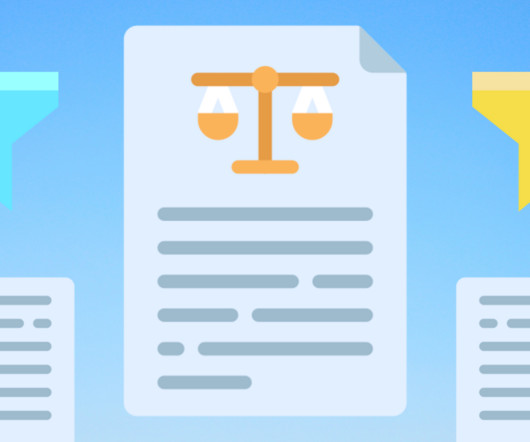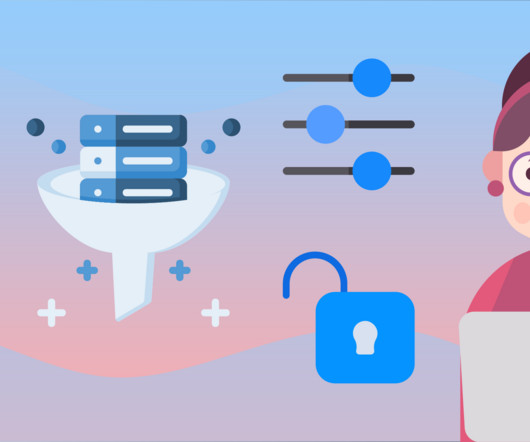How students can safely search the internet
Hapara
MAY 23, 2022
Searching the internet allows our learners to become better researchers and evaluate information across multimedia. With the internet, their search for information also spans the globe. As a result, our learners gain access to a wide variety of perspectives and sources outside of their school and community. . Monitoring.














Let's personalize your content